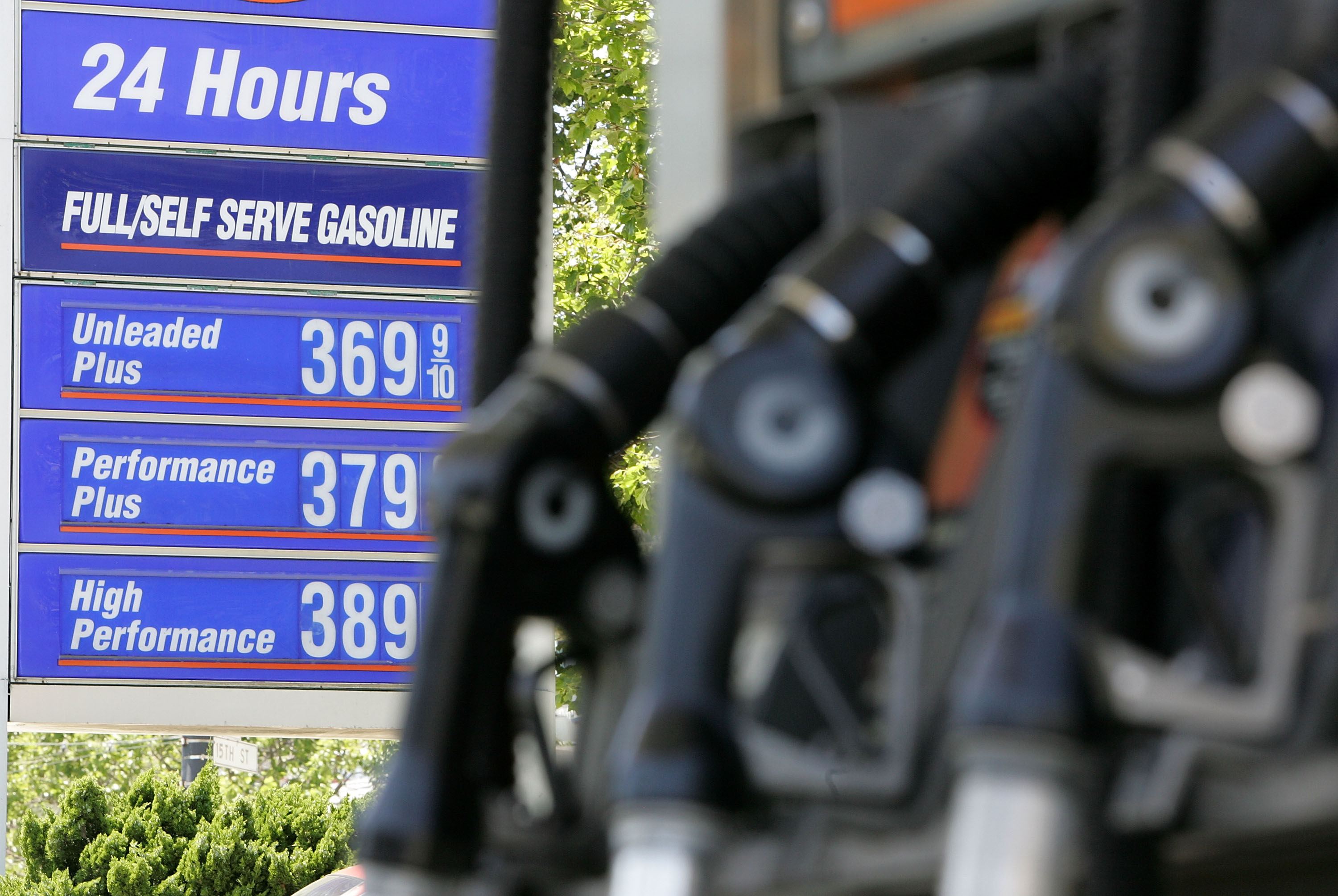Fear enters the oil markets

The economic fallout adds another level of potential political peril for President Joe Biden as he tries to counter Vladimir Putin’s military aggression while addressing Americans’ ire over already high inflation.
The market is reacting mainly to fear at this point, traders and analysts said, even as the Biden administration and its and allies in Europe try to offer assurance that sanctions will be surgical hits that spare energy prices.
The upshot is that oil prices will remain on a hair trigger as traders try to process the impact of the largest European conflict since World War II, said Nikos Tsafos, chair in energy and geopolitics at the Center for Strategic and International Studies.
“Frankly, we’re in uncharted geopolitical territory,” Tsafos said. “None of the mental models for thinking about energy security have considered a major land war in Europe.”
U.S. benchmark crude oil prices rose $7 a barrel to just above $100 at 3 a.m. Thursday, then fell back as reports of major supply problems failed to emerge. But given that shooting has started, the market is pricing in the possibility that oil infrastructure will take damage, intentionally or otherwise.
“Today’s jump in oil prices also reflects a physical risk of conflict-related disruption to operating pipelines, even if neither side is targeting them deliberately,” said Pavel Molchanov, energy research analyst at Raymond James bank.
The spike occurred even as the Biden administration and the oil industry have taken steps to ease the upward pressure on prices.
Biden announced Wednesday that he would allow U.S. sanctions against the Nord Stream 2 pipeline, an unfinished project that would have delivered more Russian natural gas into Western Europe. But he has so far steered clear of aiming sanctions on oil and gas operations that are actually making deliveries — and in particular, has not imposed any penalties targeting the Russian gas company Gazprom or its oil company Rosneft, or Rosneft CEO and Putin associate Igor Sechin.
Meanwhile, U.S. oil production is surging, as companies return to oil fields they had abandoned during the worst economic doldrums of the Covid pandemic. Oil companies had 645 rigs working in U.S. oil fields in mid-February, up by a whopping 248 rigs from the year before, according to Baker Hughes data. Domestic oil production is forecast to reach 12 million barrels a day this year, close to where it was before the pandemic caused the business to collapse.
Still, war and sanctions are spooking the market, especially where Russia — the one of the world’s top oil exporters — is concerned.
Russian crude accounts for more than a quarter of European Union oil imports and about 3 percent of U.S. oil imports. And responses to the invasion of Ukraine are threatening to crimp the amount of Russian energy that reaches the West.
Some banks are scaling back the credit they give to buyers seeking to purchase Russian crude, according to Reuters. Some oil tanker companies are also starting to shy away from loading Russian crude as they fear becoming entangled in sanctions aimed at Russian banks and specific individuals, said Andy Lipow, head of Houston-based oil consulting firm Lipow Oil Associates. People in the industry also worry that insurance rates will rise for anyone operating close to a war zone.
“If you’re a crude oil buyer and you know its Russian crude oil but you don’t know whether one of the sanctioned individuals is involved in some manner, however distant, you don’t want to put yourself in the position of having a cargo tied up in sanctions,” Lipow said. “The path of least resistance is don’t buy it.”
Those factors aren’t enough to keep prices high in the long-run, analysts said. What the market is waiting to see is whether the new sanctions Biden is expected to announce Thursday will target Russian oil and gas more directly .
“There’s a lot of speculation and fear right now that this will result in a limit on Russian exports,” said Bob McNally, president of Rapidan Energy and a former National Security Council official in the George W. Bush administration. “I don’t believe it. But it’s out there. If those risks go down, then you’ll see crude retreat.”